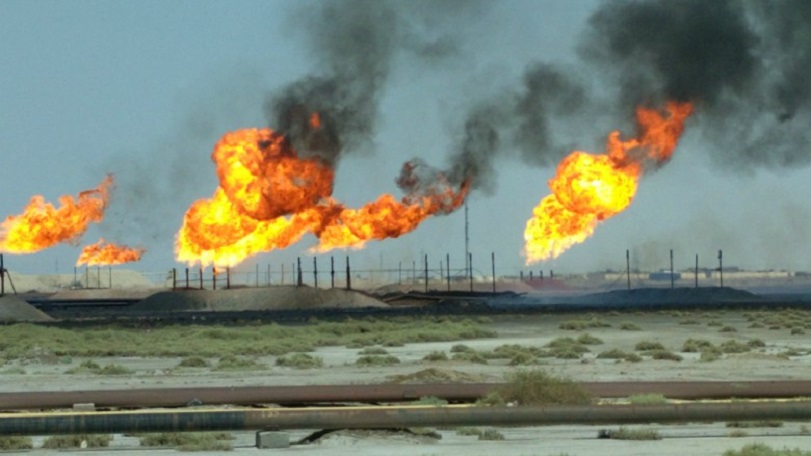🌿 Ruzu Non-Alcoholic Herbal Bitters
Ruzu Non-Alcoholic Herbal Bitters is a natural health supplement specially formulated to:
- ✅ Promote general wellness
- ✅ Detoxify the body
- ✅ Support the treatment of various ailments
Made from a powerful blend of 100% organic and medicinal herbs, Ruzu is completely alcohol-free, making it ideal for:
- 👪 All age groups
- 🌱 Health-conscious individuals
- 🌿 Anyone seeking non-alcoholic herbal remedies
Whether you're looking to boost your vitality, cleanse your system, or support healing the natural way, Ruzu Bitters offers a trusted herbal solution.
According to BudgIT Nigeria, Nigeria lost more than 23 trillion liters of potential energy due to flaring, wasting more than 817,000 mmscf of gas between 2021 and 2024.
More than 10,000 Nigerian houses could have been powered for a year with the more than 110,000 GWh of energy that might have been produced from the gas lost through flaring, according to several analysts.
BudgIT Nigeria @BudgITng in Abuja provided the official X handle from which the value of the lost gas was retrieved.
Gas flaring is still a major issue in Nigeria, resulting in significant environmental harm and financial loss.
Enforcement has been ineffective because of ambiguous legislation, a lack of government interaction with oil firms, and regulatory loopholes, despite decades of government efforts, including court decisions, deadlines set by previous governments, and legislative measures.
The 2005 Federal High Court decision that declared gas flaring to be a violation of human rights; the government’s missed deadlines to stop flaring under Presidents Yar’Adua (2008) and Jonathan (2011); the stalled Gas Flaring Prohibition Bill (2017–2018) that never became law; the Petroleum Industry Act (2021) that requires feasibility studies for gas use but permits flaring without penalties for up to five years; and the Associated Gas Re-Injection Act (AGRA), which permits exemptions and imposes fines that are too low to deter flaring are some of the major interventions.
Overlapping mandates, lax penalties, and a lack of monitoring capabilities are problems for regulatory organizations such as the Nigerian Upstream Petroleum Regulatory Commission and the Nigerian Midstream and Downstream Petroleum Regulatory Authority.
There is more work to be done to combine satellite tracking with openness.
The government has set a 2030 deadline to stop routine gas flaring in accordance with global climate goals.
The Nigerian Gas Flare Commercialization Programme (NGFCP), which encourages flare gas commercialization, national flare reduction targets, and methane emission guidelines are examples of collaborative initiatives that are currently in progress.
However, more effective enforcement, significant fines, community involvement, health impact compensation, and accelerated flare gas utilization projects for industry and power are necessary for success.
Until these crucial measures are firmly put into place, Nigeria runs the risk of losing its enormous energy resources and suffering the social and environmental consequences of gas flaring.
















